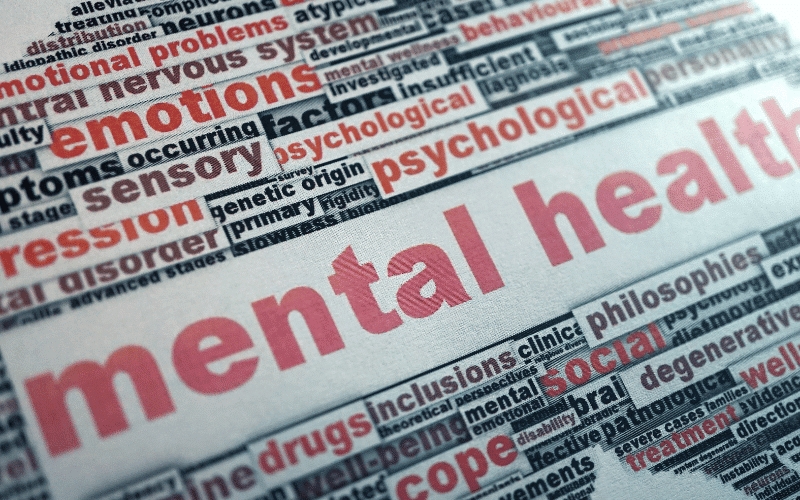Fact 5: HSE’s Impact on Mental and Physical Faculties

HSE does not limit its damage to the physical realm; it also leaves a lasting impact on a patient’s cognitive and psychological health. One of the most common complaints from HSE survivors is memory problems. They may struggle with recalling recent events, forming new memories, or even remembering crucial aspects of their personal history.
Alongside memory issues, patients often grapple with concentration problems. They may find it hard to focus on tasks, struggle with maintaining attention, or be easily distracted. This can make it difficult for them to return to their normal routine post-recovery, affecting their work, studies, and daily life activities.
In some cases, HSE may lead to personality changes. These can be subtle or more pronounced, depending on the severity of the disease and the specific areas of the brain affected. Patients may exhibit mood swings, become more irritable, or display uncharacteristic apathy or indifference. Such changes can be distressing for both the patient and their loved ones, adding another layer of complexity to the recovery process.
In terms of physical effects, HSE can lead to a loss of motor control, leading to problems with movement and coordination. Patients may find it difficult to perform tasks that were previously routine, like tying shoelaces or buttoning shirts. In severe cases, they might require physical therapy to regain lost skills and learn to manage with any lasting impairment.
Finally, the ordeal of going through a life-threatening condition like HSE can leave psychological scars. Patients may struggle with anxiety or depression post-recovery, grappling with the enormity of what they’ve been through. It underlines the need for a comprehensive approach to HSE treatment, one that addresses not just the physical but also the mental and emotional aftermath of the disease. (5)